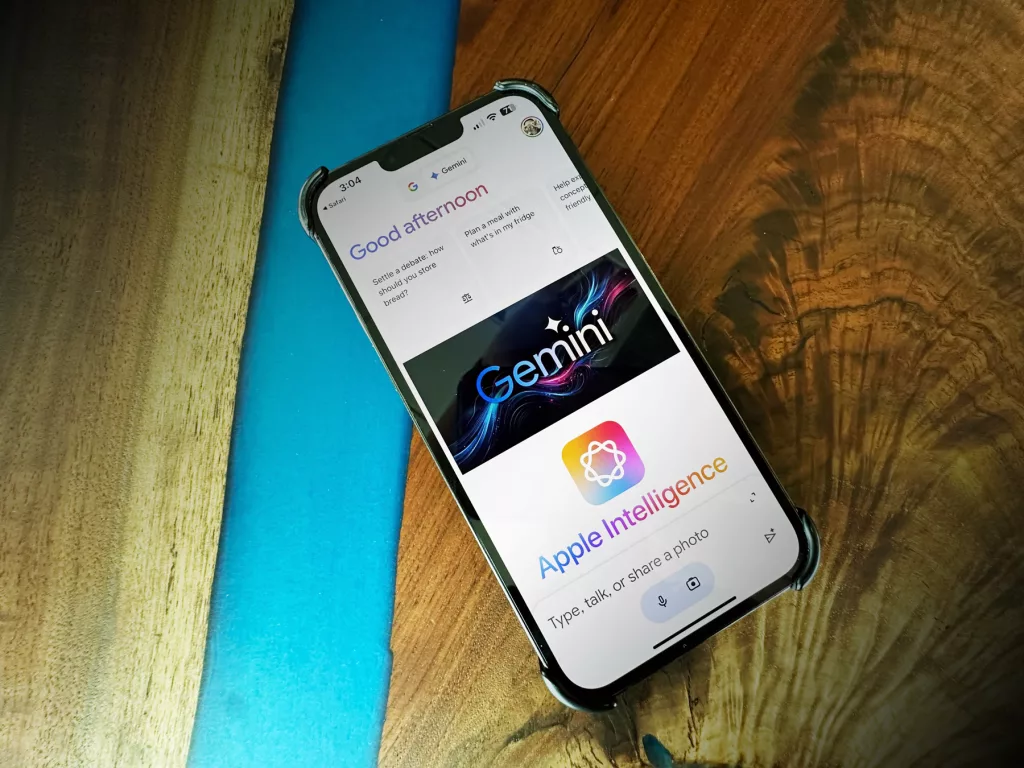As it turns out, the answer just might be yes. At least in the short term.
I know what you’re thinking: “Why on earth would I want to be incompetent?” Stay with me for a moment.
A few years ago, I was interviewing a gentleman from a very successful oil and gas business as part of a market research study. As I was observing his space, I noticed a piece of paper on his desk that had four squares on it, and I asked him about it. He smiled, pointed to a square marked “unconscious incompetence,” and said, “I never want to be here.” He then pointed to the square marked “conscious competence,” and said, “I want to be at least here.” He went on to explain that he used this as a self-evaluation tool in his life, and he kept it on his desk as a constant reminder.
This model is actually used in psychology to describe how we as humans go through stages in learning a new skill, like reading or communication or tennis. But it made me think about clients I’ve worked with and how many of them have benefitted from going through a process just like this when it comes to marketing their brands to both their distribution channel and their end users.
Here’s what the model looks like and the order you move through it:

Unconscious Incompetence:
This is the stage where you don’t know how to do something, and you really aren’t aware that there is something lacking. Your intuition is off. In business, you definitely don’t want to live in a land where ignorance is bliss, because you’ll bliss yourself right out of business.
Conscious Incompetence:
If you’re learning a skill, this is the stage where you still don’t know how to do something, but you’re aware of the deficit. The stage right before you take some kind of action to learn or to be better.
Conscious Competence:
In this stage, you’ve learned about the thing you didn’t know before. You’ve acquired the skill, the data, the answers with which to perform better. But it takes concentration, repetition, and practice. Or, you have to consistently remind yourself of the problem and how to solve it in your business. But at least you know what you’re doing now. If you remember the gentleman I was interviewing, this is where he said he wanted to be, at the very least. Because knowing what you didn’t know before is always powerful to your future success.
Unconscious Competence:
When you’re learning a new skill, at this stage, you can kick back and relax. Because this is autopilot zone, where you know something so well it has become second nature and you don’t even have to think about what to do or how to do it anymore. You’re Michael Phelps doing the doggie paddle. Congratulations, you’re an expert. This is great when you’re talking about learning to write or even read financials. But what about your brand or your audience? Is it ever possible to truly be on autopilot? If your answer is yes, I’m afraid you may have landed yourself right back in the phase of Unconscious Incompetence.
The truth is, your audiences, and their perceptions about your brand, are constantly changing, responding to the world around them, reacting to the things other companies are doing who aren’t even in your industry or competitive set. If you don’t believe this is true, think about how much Amazon has trained all of us in our expectations about how to find and purchase things, or even get suggestions on what we need and want.
This means that, when it comes to how your distribution channel or end customers relate to your brand, Unconscious Competence, or autopilot, is never possible.
The answer? Put yourself and your businesses back into a state of Conscious Incompetence. I would argue that this is the true sweet spot of the whole model. The place where the magic happens. Sure, you want to learn the skills and get better at what you don’t know how to do. But that all starts with knowing what that thing is.
I’m not talking about doing a SWOT analysis and assessing what you’re not that good at so you can get better. I’m talking about really being intuitive about your marketing strategies and the audiences you’re trying to reach and honestly admitting what things you really have no idea about. Maybe you don’t even know enough about them to know if they even are strengths or weaknesses. Why do some people buy from you? Why don’t others? How do people perceive you versus your competition? How are the end customers of your product influencing your distribution channel? How do you replicate your best customers, and where do you reach them? How do you tell your brand story in a way that will produce more sales leads?
Socrates said, “The only true wisdom is in knowing you know nothing.”
When is the last time you sat down and took a good, hard look at the areas of your brand and marketing strategies where you are less than competent and then did something about it?
There’s always something you don’t know, and the sooner you realize it, the sooner you can start looking for the answers.




